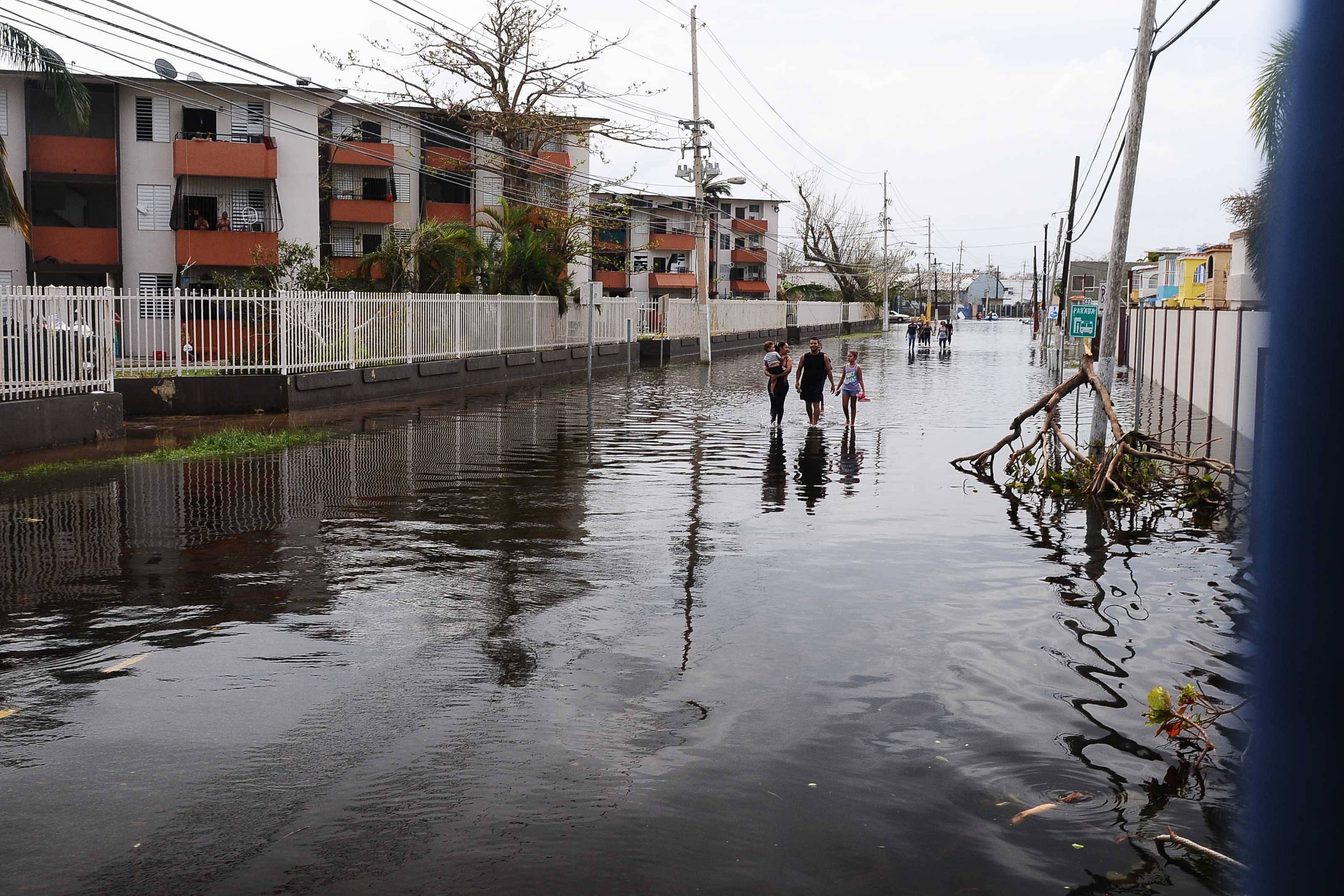During Labor Day weekend, while people all over the country were grilling burgers and soaking up the sun, Charlotte, N.C. was gearing up for the Democratic National Convention. The DNC and Republican National Convention gather tens of thousands of people every election season in a select city to watch the chosen candidate from that party receive the official nomination and give a speech. The event is the pinnacle of election season in which delegates and speakers from both political parties gather at their respective conventions to speak about the upcoming election, of changes they hope to instill and to get all of America excited to vote.
After Charlotte was announced as the location for the DNC in February, 2011, the city went to work organizing. From locations of speakers to transportation concerns, the preparations had to be planned down to the finest details. Predictions of attendees lingered around 30,000. According to the Charlotte Chamber of Commerce, Charlotte has a population of around 772,000 people. Servicing the influx of people while trying to keep the needs of the locals in mind proved to be challenging, but ultimately Charlotte handled it successfully, leaving not only the guests but also the locals pleasantly surprised. The question must be asked though: Should these large-scale conventions be allowed to take over a city for a week?
The kick-off of the convention in Charlotte was CarolinaFest, an event that was open to the public. According to Charlotte in 2012 website, a main source for all of the events during the DNC, the provided entertainment came in many forms: live music, speakers and family-oriented activities. The 30,000 attendees brought liveliness to Charlotte and also gave uptown businesses, hotels and restaurants the opportunity to see an increase in sales. CarolinaFest required some street closings in order to allow vendors space to give out local food as well as make room for the stages on which many speakers and performers got a chance to entertain. Closing the streets made transportation a little confusing, but planners worked with local public transportation services, the CATS and LYNX, to increase fluidity, which made getting from one event to the next more smooth. The road closings were not without complaints though, as some commuters’ and locals’ typical parking areas were closed.
However, despite road closings, Laura Hill, marketing/ communications manager at the Charlotte Regional Visitors Authority, received an overwhelming response from convention-goers.
“We had tons of positive feedback from journalists,” said Hill.“ Ease of walkability throughout the downtown area, cleanliness and overall access to important resources made it a very positive experience.”
Charlotte is the home to many major operating divisions like Bank of America Corp., Wells Fargo & Co. and Chiquita Banana.
“Major operating divisions operated at lesser capacity, some employees were encouraged to work from home to avoid any congestion from the convention,” said Hill.
However, local small businesses enjoyed the increase in customers along with the city center.
The publicity the city received has been exponential. Hill also mentioned the coverage that Charlotte received after the convention was over.
“We knew before going into the DNC that the coverage would be big, it would rival the Superbowl and we believe we were poised to receive that type of coverage,” Hill said.
Even after almost two weeks, the city is receiving rave reviews from delegates and celebrities who attended the events. Ultimately, any noise about the inconveniences that people might have experienced is merely background noise to the amount of success this convention brought to the city. Despite any negatives, Charlotte handled the events professionally and proved why cities compete to host the conventions every election season. Overall, the value that these large events bring to a city outweighs any damaging impacts it could have had on the people.



